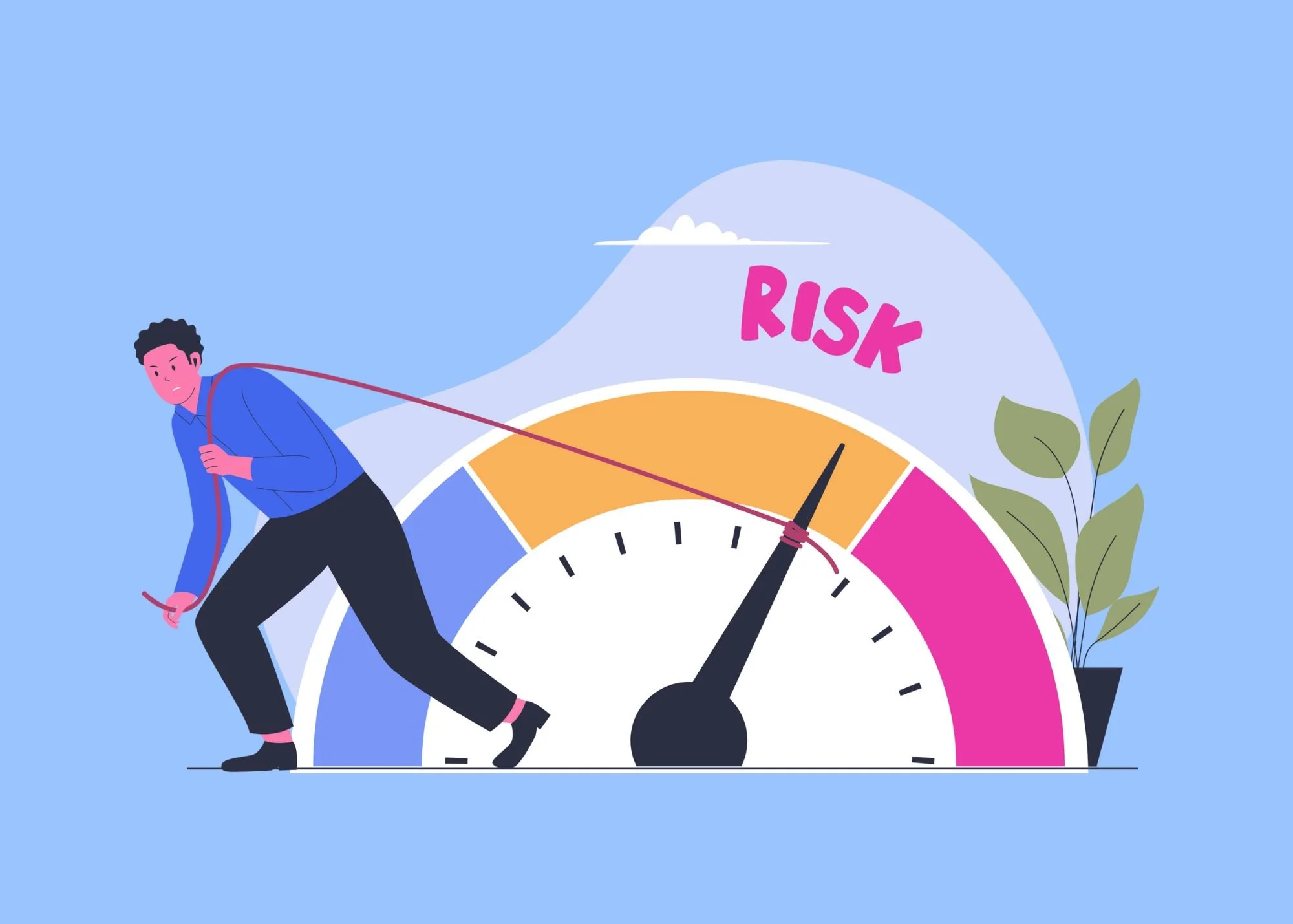The Importance of Trying and Failing: Don't Look Back at 80 and Wish You Had Just Gone for It
Fear holds us back.
For many people, the fear of failure is not just about failing itself—it’s about being seen failing. The idea of trying something, falling short, and having others witness that shortcoming can be paralyzing. But what’s even worse than failing? Reaching the later years of your life and realizing that you never even tried.
So why do we let this fear dictate our choices?
Social conditioning: From a young age, we are often rewarded for success and subtly (or overtly) discouraged from failure. This creates a mindset where failure equals shame.
Perfectionism: Many high achievers struggle with the idea that if something can’t be done perfectly, it’s not worth doing at all.
Comparison culture: Social media and societal expectations amplify our fear of failure, making us hesitant to take risks that could lead to embarrassment.
Past experiences: If you’ve faced failure before and received criticism or rejection, it’s easy to develop a mindset that equates trying with inevitable disappointment.
But let’s shift the perspective. If you fast-forward to age 80, looking back on your life, will you regret trying something and failing? Or will you regret never taking the shot in the first place?
The 80-Year-Old Perspective: Will You Regret Not Trying?
One of the most effective ways to combat the fear of failure is to ask yourself: At 80 years old, will I regret not having taken this risk?
Here’s why this mindset shift is powerful:
It forces long-term thinking. When you view decisions through the lens of your future self, the short-term discomfort of failure seems insignificant compared to a lifetime of regret.
It reframes failure as part of a meaningful journey. Most successful people have failed—often spectacularly—before achieving their goals.
It eliminates the illusion of a "safe" path. Playing it safe might seem comforting now, but stagnation leads to dissatisfaction in the long run.
It helps separate fear from reality. Fear is temporary; regret lasts a lifetime.
Practical Steps to Overcome the Fear of Failure
Understanding the theory behind fear is one thing, but applying it in real life—especially as a busy professional with responsibilities pulling you in multiple directions—is another. Here’s how to actively overcome it:
1. Redefine Failure
Instead of seeing failure as the opposite of success, view it as a necessary step toward success. Every time you try something new, you’re gaining experience, learning, and growing—even if you don’t achieve your goal immediately.
Actionable Step: Keep a “failure log.” Write down every risk you take, what happened, and what you learned. This turns failure into a source of knowledge rather than fear.
2. Make Failure a Habit
Fear of failure often diminishes when you expose yourself to it repeatedly. By intentionally engaging in small, low-stakes failures, you build resilience.
Actionable Step: Set a weekly challenge to do something outside of your comfort zone, whether it’s speaking up in a meeting, reaching out to a mentor, or trying a new workout.
3. Use the ‘80-Year-Old Test’ in Decision-Making
Before making a decision, ask yourself: If I were 80 years old, looking back on my life, what choice would I want to have made?
Actionable Step: Write a letter from your “80-year-old self” to your present self. What advice would they give you? Keep this as a reminder when fear creeps in.
4. Take Small, Calculated Risks
Risk-taking doesn’t have to mean quitting your job and moving to a new country overnight. It can be small, incremental steps toward your goal.
Actionable Step: Break down your big goal into micro-goals that feel manageable. If you want to start a business, begin by researching your market, then test a small-scale version of your idea before fully committing.
5. Develop a Resilience Toolkit for When Fear Hits
You will face setbacks and self-doubt. The key is to have tools in place to keep pushing forward.
Actionable Step: Develop a resilience plan that includes:
A go-to motivational playlist
A list of past wins to remind yourself of your capabilities
A supportive accountability partner who encourages you
6. Accept That Fear and Resistance Are Part of the Journey
Even when you take these steps, you will encounter moments where fear resurfaces. This is normal. The key is to recognize fear as a sign that you're growing, rather than as a reason to stop.
Actionable Step: When resistance arises, pause and acknowledge it. Then, reframe the fear: What if this isn’t failure, but simply part of the process?
What to Do When Resistance Intensifies
Sometimes, fear and doubt will hit even harder once you start making progress. Here’s how to keep moving forward when that happens:
Expect discomfort. Growth is uncomfortable. Recognizing this helps you push through.
Remember why you started. Revisit your “80-year-old letter” to remind yourself of your deeper motivation.
Celebrate small wins. Progress—even tiny progress—builds momentum.
Surround yourself with risk-takers. Being around people who embrace failure helps normalize it.
Keep a long-term perspective. In five years, today’s fear will likely seem insignificant.
Final Thoughts: Take the Leap Before It’s Too Late
At the end of your life, you won’t remember the times you played it safe. You’ll remember the times you dared to try—whether you succeeded or not.
So the next time you’re hesitating because of fear, ask yourself:
If I don’t do this, will I regret it at 80?
What’s the worst that can happen—and can I handle it?
What’s the best that can happen if I take this risk?
Then, take a deep breath—and go for it. Because the only real failure is never trying at all.
Need Help? “But What If It Doesn’t Work?”... What if it does?
If you’re playing it safe but secretly craving something more—don’t wait for a breakdown to give yourself permission.
🌟 Book your free 20-minute consult. Change isn’t easy, but it’s worth it.
Article References
The sources cited in the article:
Forbes. "The Art of the Comeback: Building Resilience in the Face of Setbacks." Forbes - The Art of the Comeback
Psychology Today (PT). “Making the Most of a Failure.” PT - Making the Most of a Failure
Forbes. “Why Failing Is An Important Part of Success.” Forbes - Failing is an Important Part of Success
Harvard Business Review (HBR). “Research: Setbacks Can Actually Boost Your Career.” HBR - Setbacks Can Boost Your Career
Harvard Business School. “Thriving After Failing: How to Turn Your Setbacks Into Triumphs.” Harvard - Thriving After Failing
Harvard Business Review (HBR). "Failure is Hard, But Not Near As Hard As Learning From It." HBR - Learning from Failure
Psychology Today (PT). “New Research on How to Overcome Setbacks.” PT - How to Overcome Setbacks






